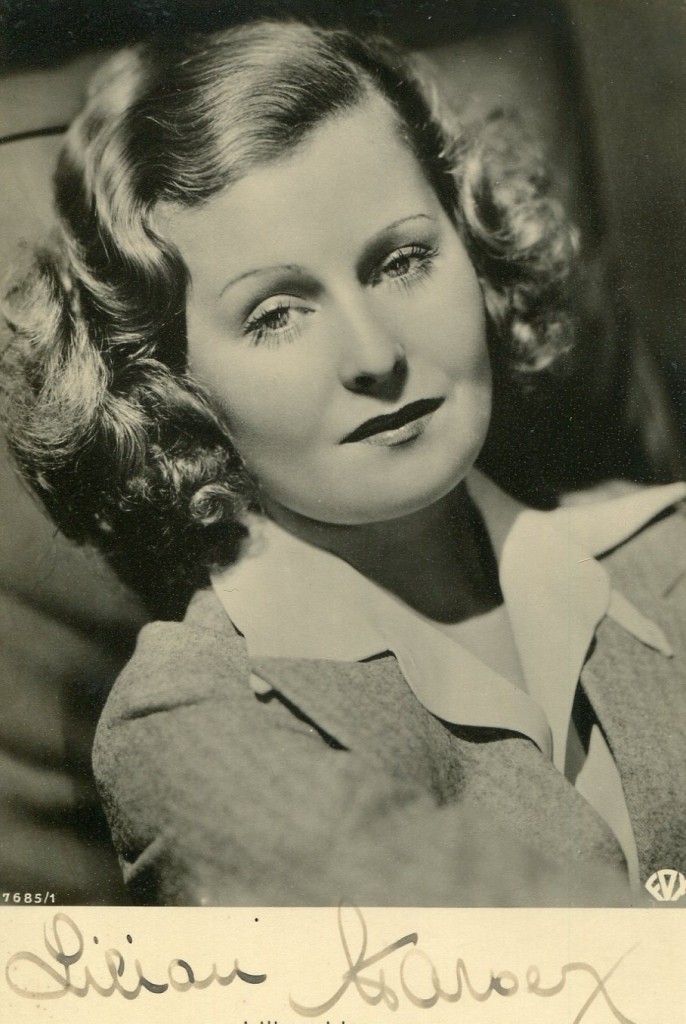
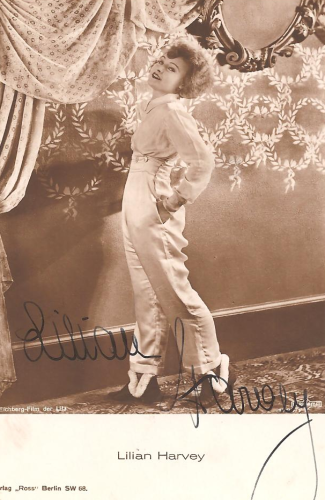
Lilian Harvey (Wikipedia) .
Lilian Harvey was an Anglo-German actress and singer, long based in Germany, where she is best known for her role as Christel Weinzinger in Erik Charell‘s 1931 film Der Kongreß tanzt.
Harvey was born in 1906, in Crouch End, North London. Her mother, Ethel Marion (Laughton), was English, and her father, Walter Bruno Pape, was a German businessman. At the beginning of World War I the family found itself in Magdeburg, and as they were unwilling and unable to return to England, Harvey was sent to live with an aunt at Solothurn in Switzerland. After the war, the Papes lived in Berlin, where Lilian took her high-school diploma (Abitur) in 1923. She began her career by attending the dance and voice school of the Berlin State Opera and assumed her grandmother’s maiden name (Harvey) as her professional surname.
After an engagement as a revue dancer in Vienna in 1924, Harvey received her first movie role as the young Jewish girl “Ruth” in the Austrian film The Curse directed by Robert Land. Subsequently, she starred in many silent films. In 1925, she was cast in her first leading role in the film Passion by Richard Eichberg, side by side with Otto Gebühr.
Because of her training as a singer, Harvey was able to pursue a successful acting career during the initial talkie era of the early 1930s. Her first movie with Willy Fritschwas the operetta film Chaste Susanne in 1926. Harvey and Fritsch became the “dream couple” of German movies in the early 1930s with the romantic love story Waltz of Love; she was called the “sweetest girl in the world” by the press, after a song featured in the film. She and Fritsch starred in a total of 11 movies together, among them the criminal comedy Hokuspokus (1930) after a play by Curt Goetz, directed by Gustav Ucicky, which became a box office success. An English version (The Temporary Widow) was filmed simultaneously, starring Lilian Harvey and Laurence Olivier, who thereby made his film debut. She also appeared in the musical film The Three from the Filling Station of the same year, which also became a major success and gave the young actor Heinz Rühmann his break. During this period she became the muse of the composer Charles Koechlin who, in his sixties, wrote numerous pieces in her honour; initially flattered, she soon became disturbed by his apparent obsession with her.
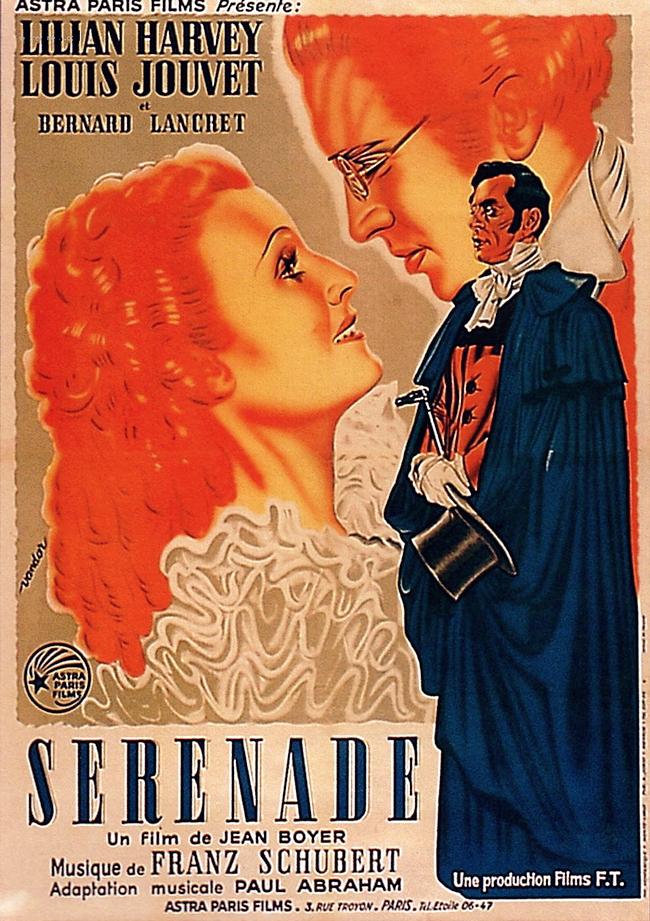
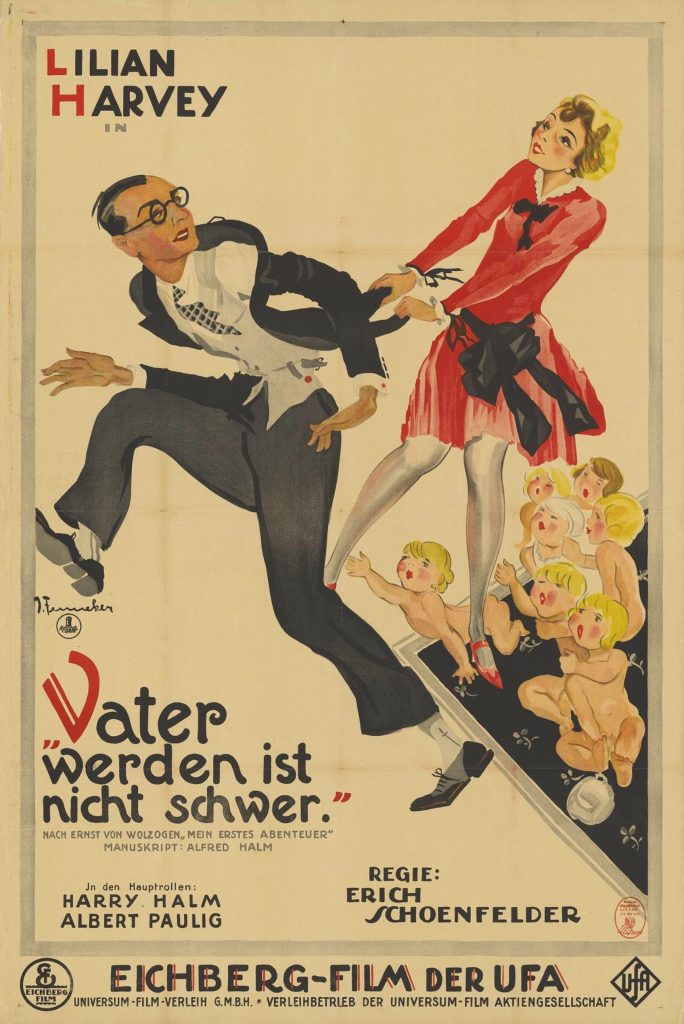
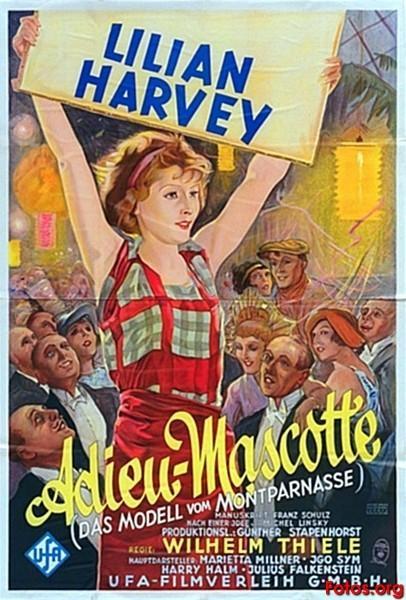
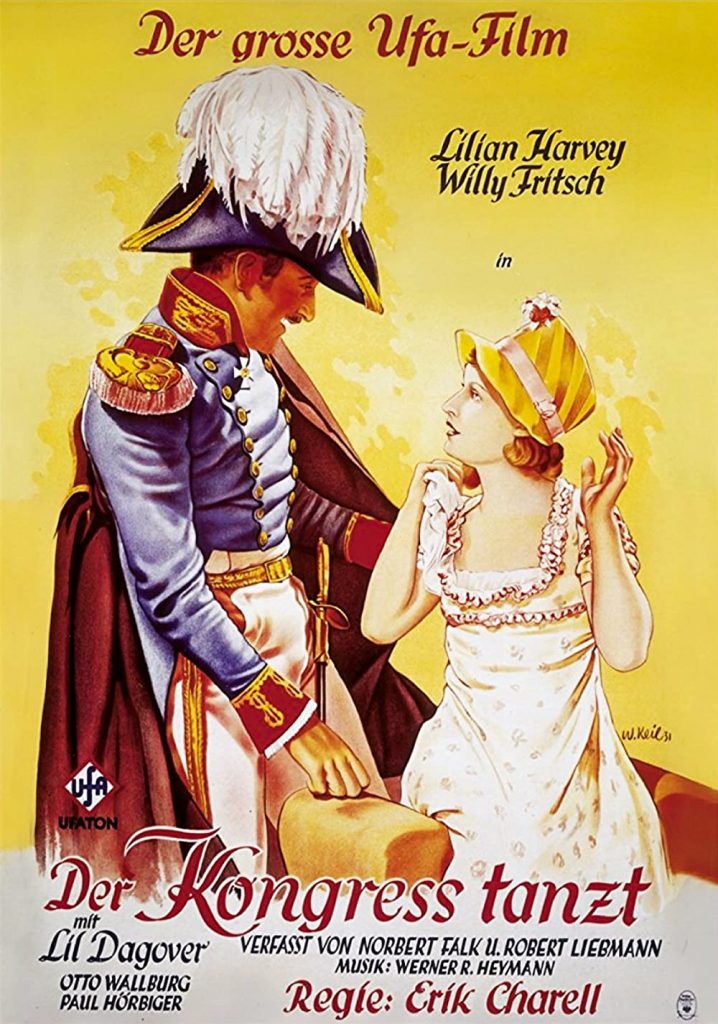
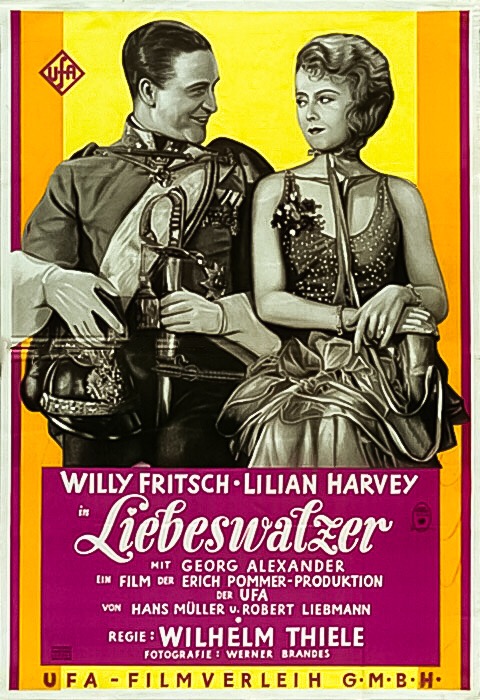
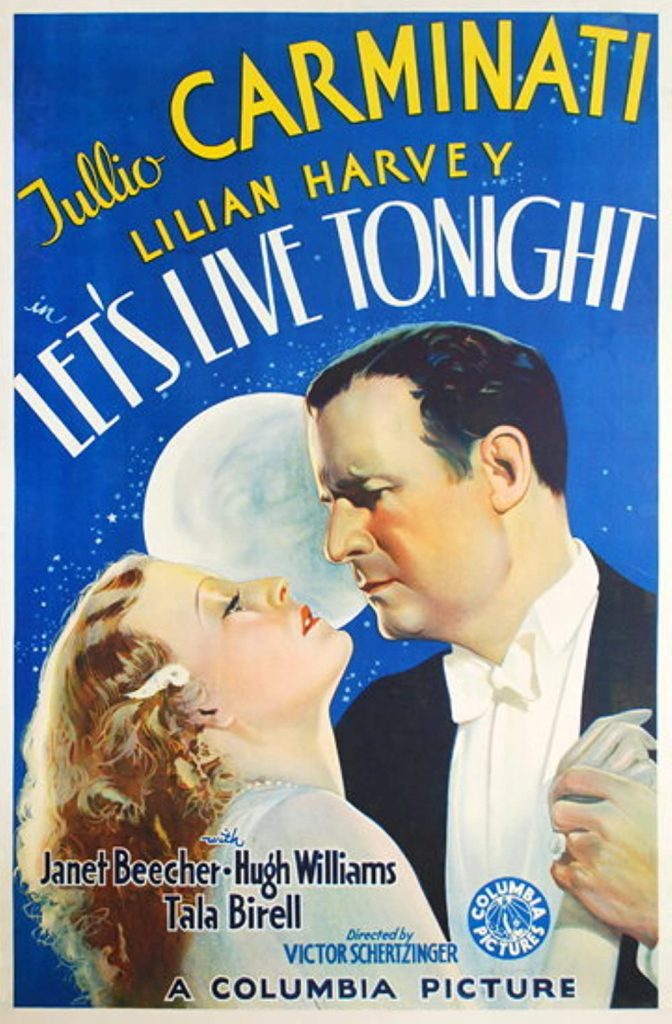
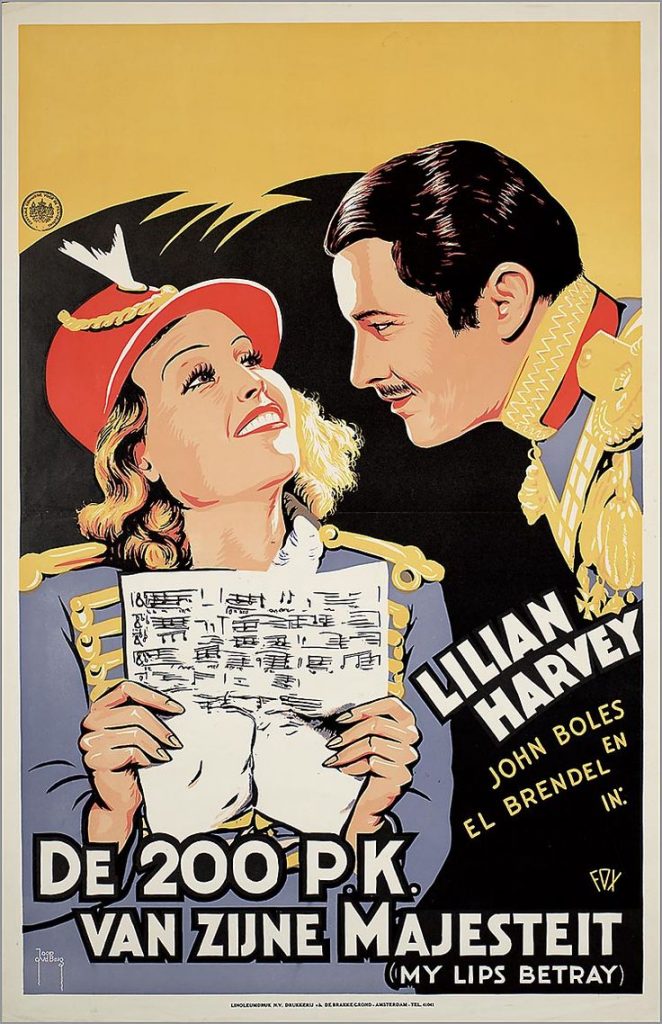
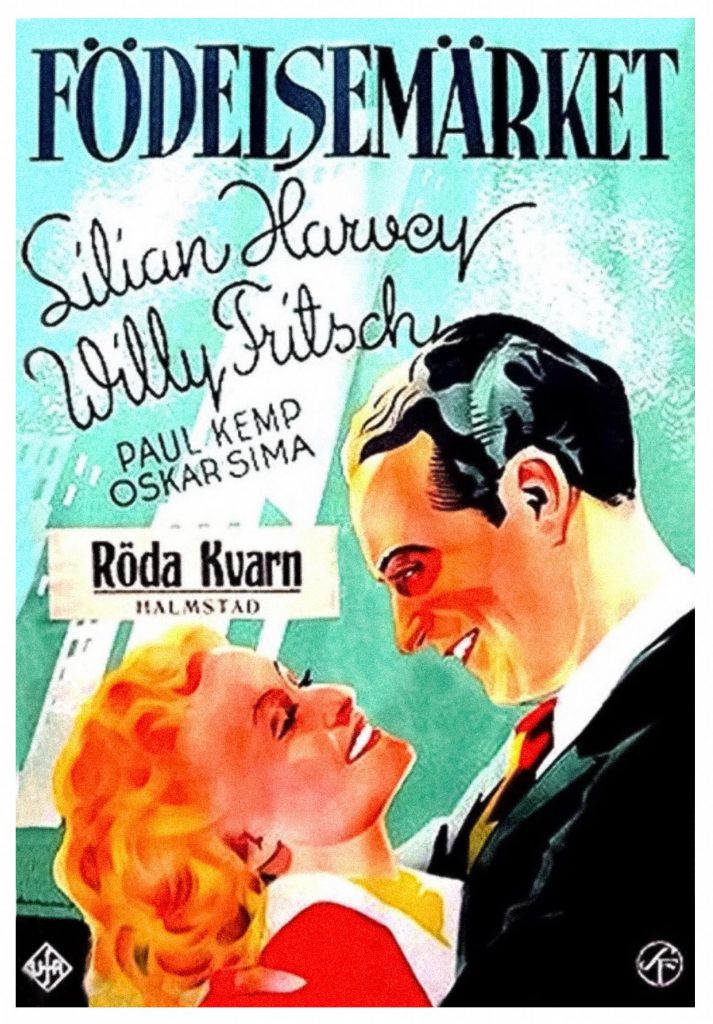
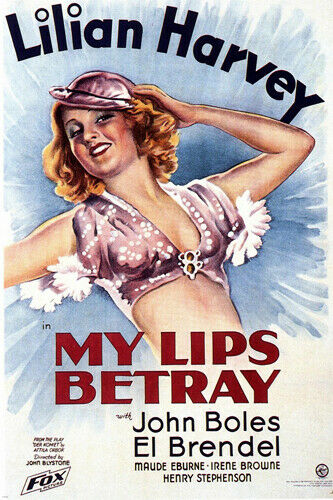
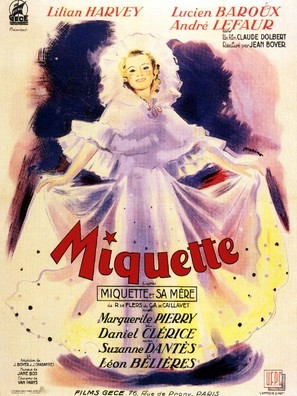
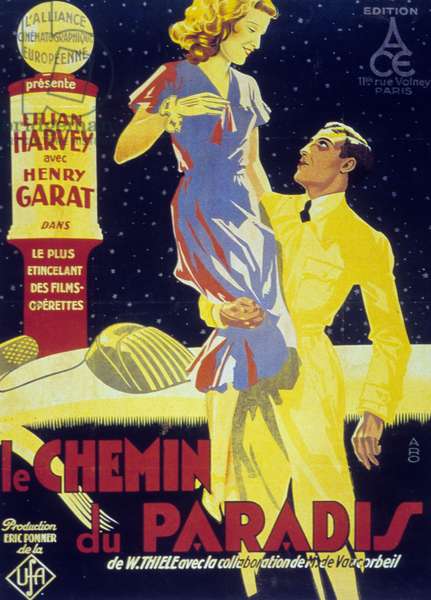
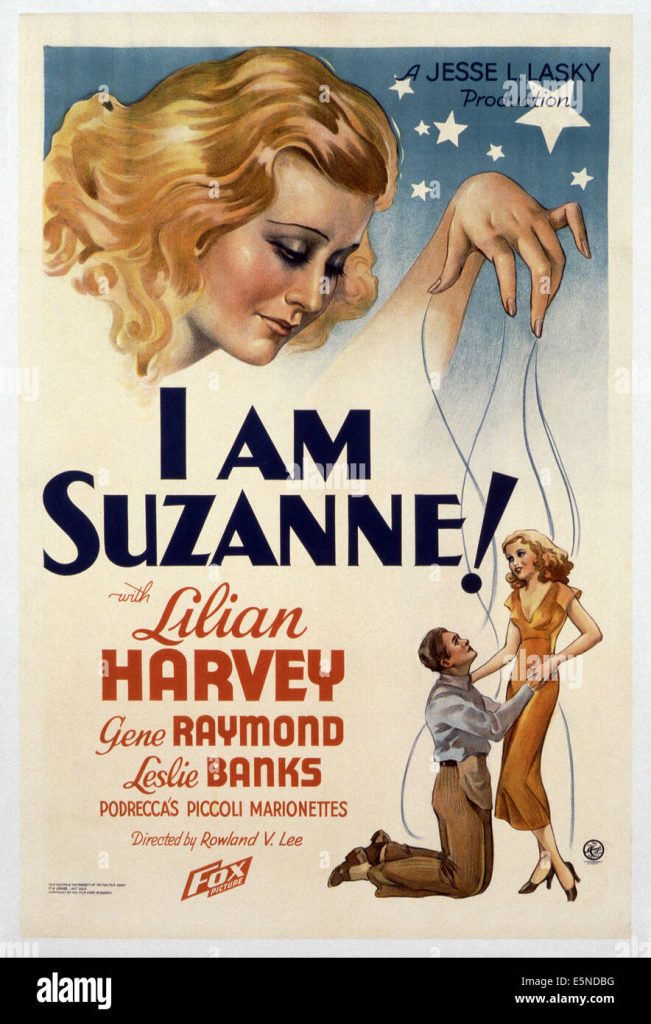
In 1931, Harvey played the leading part in the film Der Kongreß tanzt (The Congress Dances); her song Das gibt’s nur einmal written by Werner R. Heymann became a most popular melody. Her subsequent movies were filmed in English and French versions, so Harvey became known outside of Germany. She was invited to Hollywood and made four movies for the Fox Film Corporation, but these were not as successful as her German films. She eventually abandoned George White’s Scandals, leading executives to cast Alice Faye in the part, and Faye became an overnight sensation. After leaving Hollywood she appeared in a British film Invitation to the Waltz. In 1935, Lilian Harvey returned to Germany.
As she was still in touch with her Jewish colleagues, Harvey was placed under close observation by the Gestapo. Nevertheless she pushed the career of her protégé, director Paul Martin, performing in his screwball comedy Lucky Kids (1936) and further successful movies for the UFA until 1939, such as Seven Slaps, the biographical film Fanny Elssler (1937) together with Willy Birgel and Capriccio; as well as Frau am Steuer in 1939.
In June 1937 Harvey had helped the choreographer Jens Keith, prosecuted under the homosexual acts Paragraph 175, by posting a bail for him. Released from custody, Keith escaped to Paris; this led to a stern interrogation by the Nazi authorities. He subsequently returned to Berlin and UfA. In spring 1939, Harvey left Germany and her real-estate fortune, which was confiscated, she was to be deprived of her German citizenship in 1943 because she had performed for French troops.
Harvey went to live at her residence in Juan-les-Pins in Vichy France. In France she made two movies in 1940 – Serenade and Miquette (her last), both directed by Jean Boyer. After the occupation of southern France by German forces in November 1942, Harvey emigrated to the USA spending most of the time in Los Angeles working as a volunteer nurse, but also went on tour performing in Noël Coward’s Blithe Spirit.
From 1953 to 1957, Harvey was married to Danish theatre agent Hartvig Valeur-Larsen.
Lilian Harvey died of liver failure on 27 July 1968 in Juan-les-Pins, aged 62.
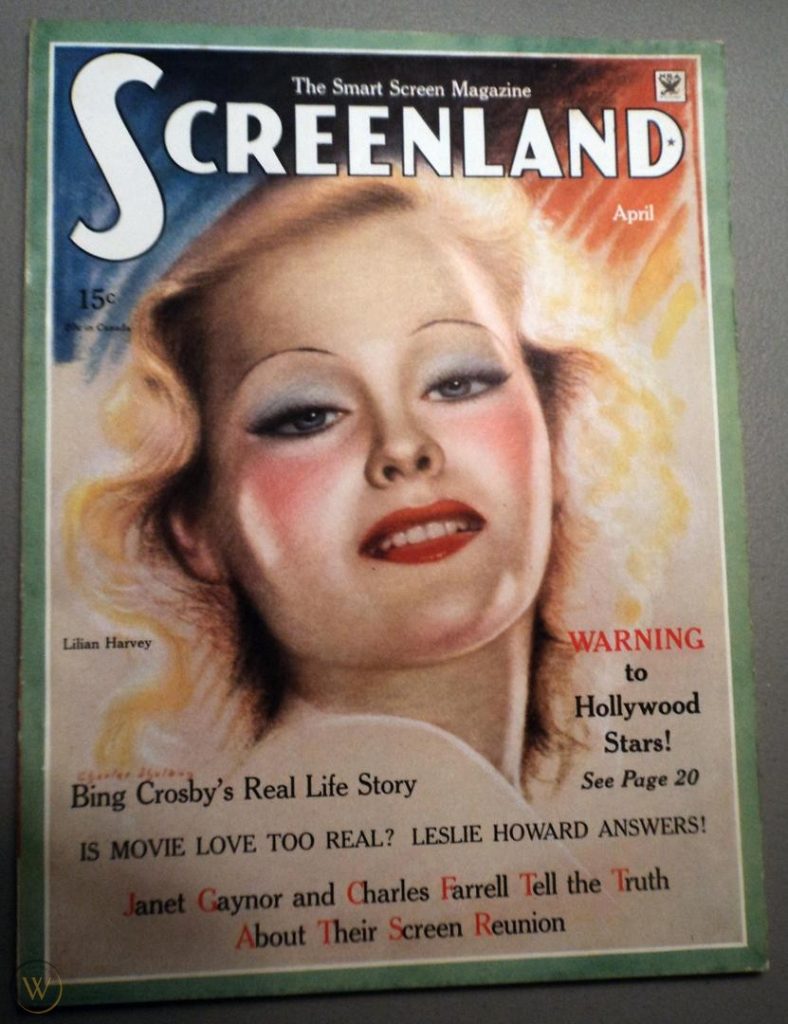
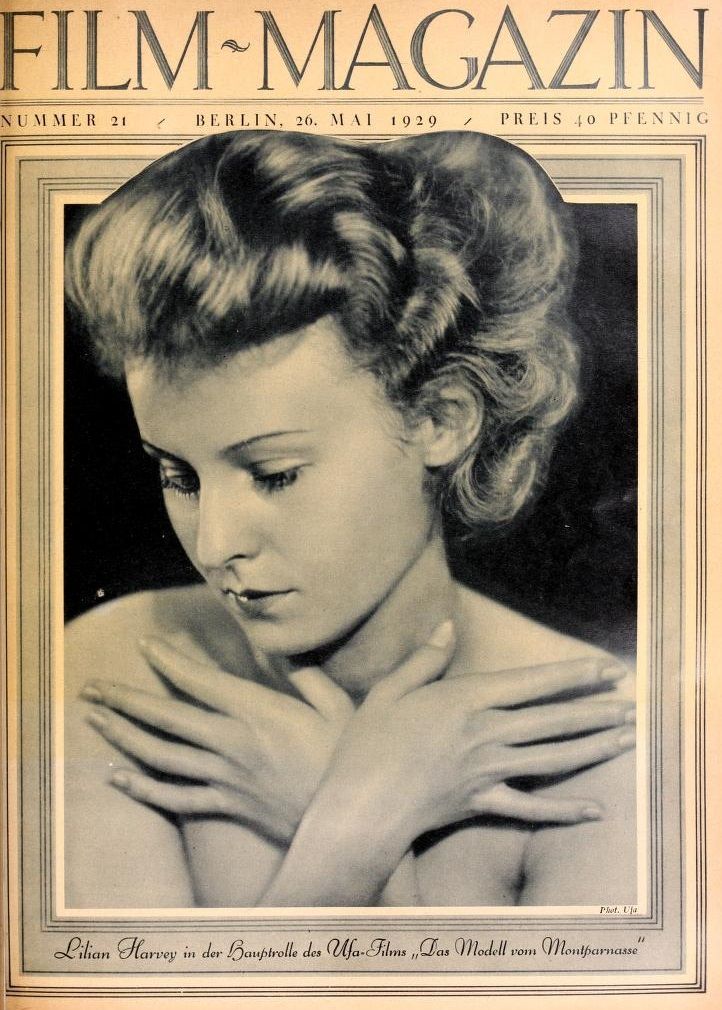
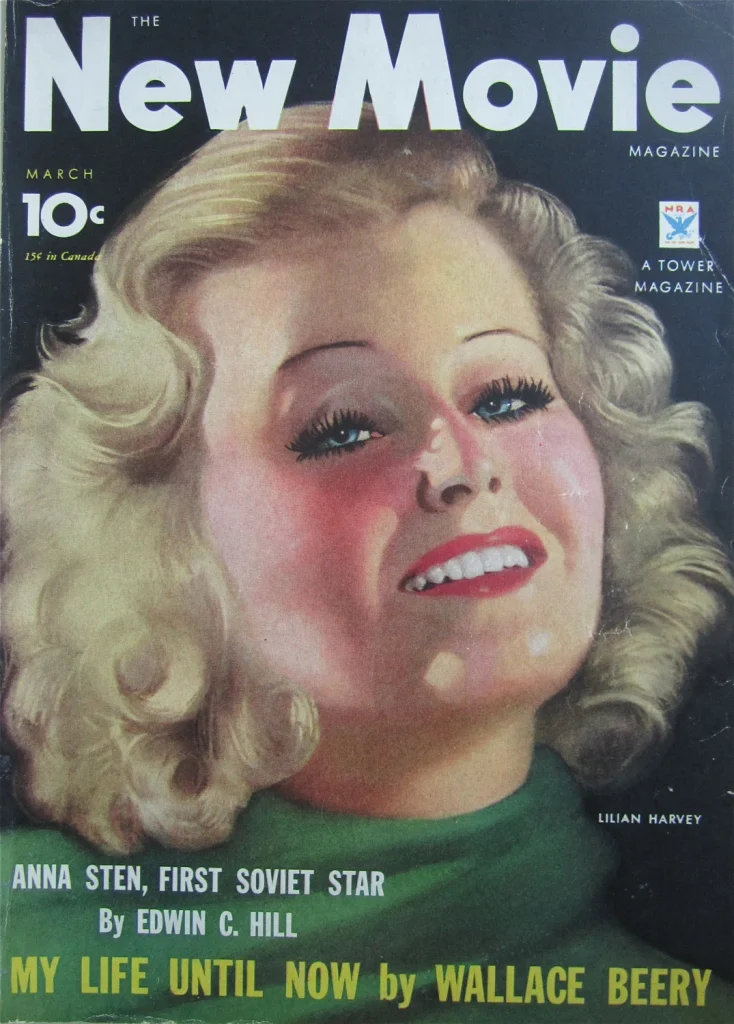
After the war, Harvey moved to Paris. In the following years, she travelled as a singer through Scandinavia and Egypt. In 1949, she returned to West Germany giving several concerts. Harvey retired to the resort town of Antibes on the French Riviera, where she operated a souvenir shop and raised edible snails.

